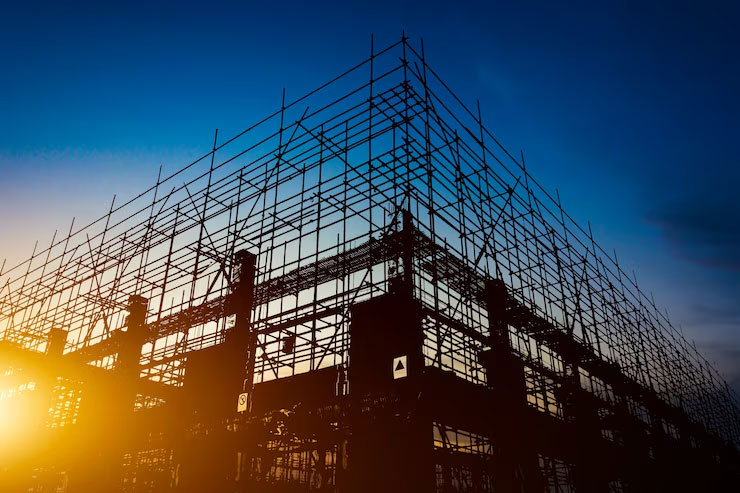
Structural civil engineering is a cornerstone of modern infrastructure, providing the foundation for buildings, bridges, and towers. However, the challenges of constructing in complex terrains, such as riverbeds, mountainous regions, or areas with unstable soil, push the boundaries of traditional engineering. Degi Trans Private Limited has become a leader in this field, showcasing how expertise and innovation can overcome these hurdles to deliver exceptional results.
Working in complex terrains requires a thorough understanding of site-specific challenges. For instance, rivers like the Ganga, Kuil, and Godavari present unique obstacles, such as fluctuating water levels, unstable soils, and potential environmental impacts. Designing pile foundations for towers in such environments demands precision and creativity. Degi Trans has tackled these challenges head-on, employing meticulous planning and advanced type-testing to ensure zero failures across their 45+ tower designs.
The foundation of success in structural civil engineering lies in adaptability. Every terrain is different, requiring engineers to customize their approach based on local conditions. In riverbeds, for example, engineers must conduct detailed soil and hydrology studies to design foundations capable of withstanding shifting currents and sediment movements. Degi Trans’s commitment to rigorous testing ensures that their solutions not only meet but exceed safety standards.
Innovation also plays a critical role in mastering structural engineering challenges. Tools like TowGeom, developed by Degi Trans, enable engineers to model complex structures with greater accuracy and efficiency. By automating calculations and generating detailed design drawings, TowGeom reduces errors and accelerates project timelines. This allows engineers to focus on addressing the unique challenges posed by complex terrains rather than getting bogged down in repetitive tasks.
Sustainability is another key consideration when working in sensitive terrains. Construction activities in rivers and other natural habitats can have significant environmental impacts. Degi Trans approaches these projects with a commitment to minimizing disruption and preserving the ecosystem. Their designs are not only robust but also mindful of the long-term effects on the environment.
Collaboration is essential in overcoming the challenges of structural civil engineering. Engineers, environmental scientists, and local stakeholders must work together to ensure that projects are both feasible and responsible. Degi Trans’s role as an extended design team highlights the importance of teamwork in achieving project success. By integrating client feedback and leveraging their technical expertise, they deliver solutions that meet diverse needs.
The lessons from complex terrains extend beyond technical challenges. They emphasize the importance of resilience, innovation, and collaboration in structural engineering. Every successful project adds to the collective knowledge of the industry, enabling engineers to tackle even more demanding scenarios in the future.
In conclusion, mastering structural civil engineering is about more than technical expertise—it requires adaptability, innovation, and a commitment to excellence. Degi Trans Private Limited has demonstrated that even the most challenging terrains can be conquered with the right approach. Their work in river tower foundations serves as an inspiration for engineers worldwide, proving that no obstacle is insurmountable with the right blend of skill and ingenuity.